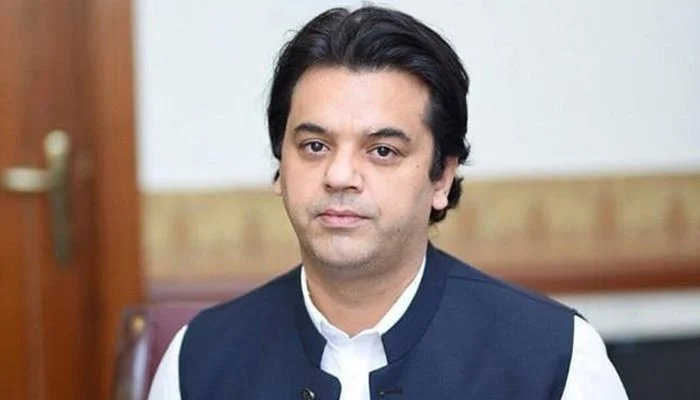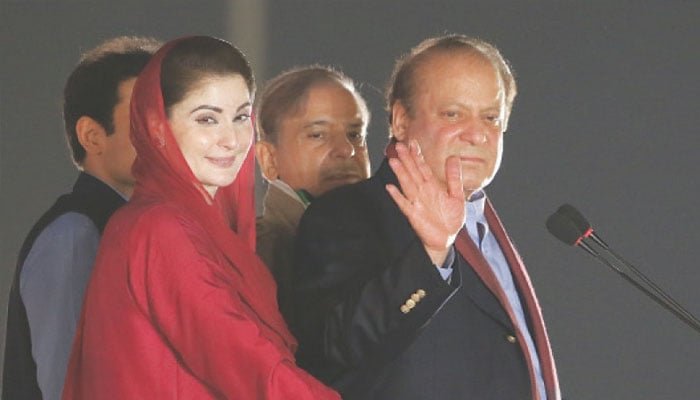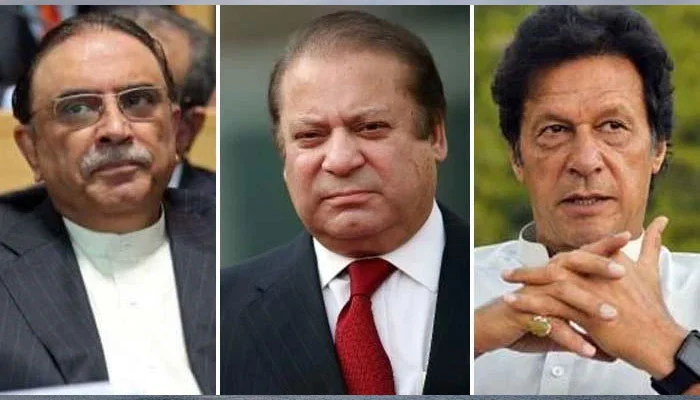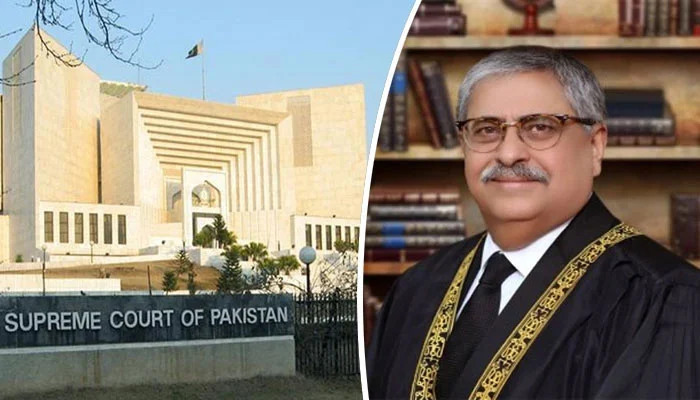In a surprising turn of events, Othman Dar, a prominent leader of Pakistan Tehreek-e-Insaf (PTI), has announced his resignation from the party and withdrawal from politics. During a candid interview on a private television program, Dar stated that he has decided to bid farewell to PTI and politics altogether.
Dar presented a charge sheet against the PTI chairman, claiming that the party’s current state of affairs was a result of attempts to exert pressure on the military and remove Army Chief General Asim Munir from his position following the May 9 incidents. He alleged that the PTI chairman himself was responsible for the current chaos within the party.
According to Dar, the May 9 incident was not a spontaneous event but rather a product of calculated manipulation. PTI’s leadership, fearing arrest, utilized a human shield to protect the chairman. He revealed that after the dissolution of the central government, PTI split into two factions. One group, which included members like Murad Saeed, Azam Swati, Hammad Azhar, and Farkh Habib, advocated for a confrontational approach in politics.
Dar disclosed that he, along with Asad Umar, Omar Ayub, Ali Muhammad Khan, and Shafqat Mahmood, had engaged in negotiations with the military to reach a consensus. He condemned the May 9 incident as a shameful tragedy that warranted strong condemnation.
This unexpected resignation and Dar’s revelations have sent shockwaves through the Pakistani political landscape. The implications of his accusations against PTI’s leadership and the alleged involvement of military officials have raised questions about the party’s future and the political climate in Pakistan.
The PTI leadership is yet to respond to these allegations, leaving the public and political analysts eagerly awaiting further developments. As the situation unfolds, it remains to be seen how these revelations will impact PTI and the broader political scenario in Pakistan.



